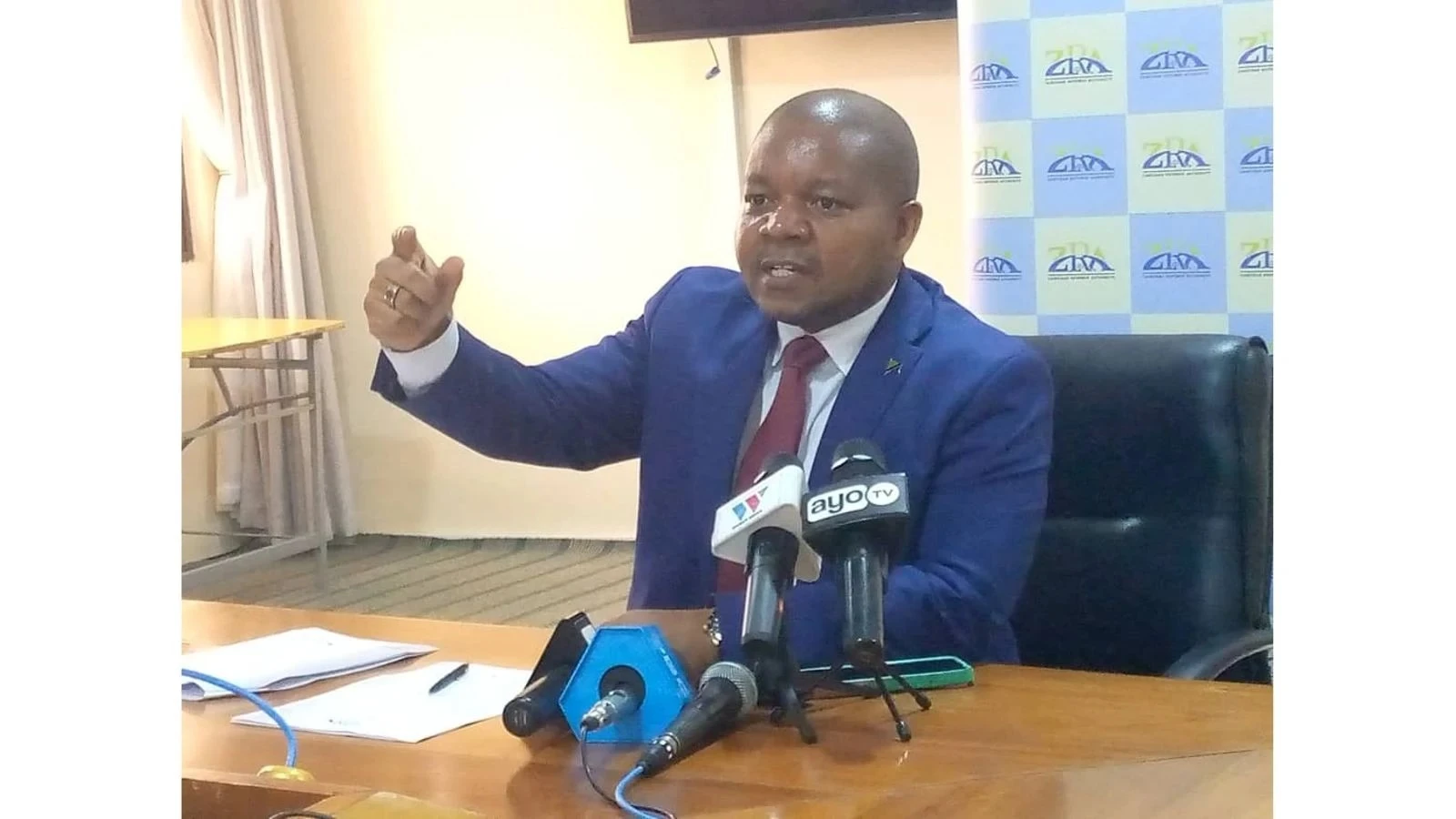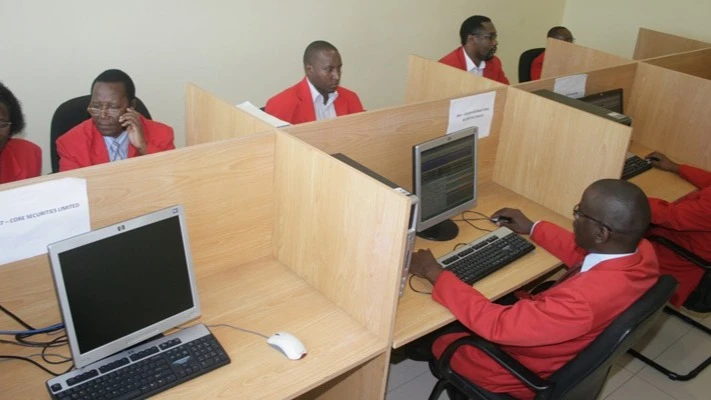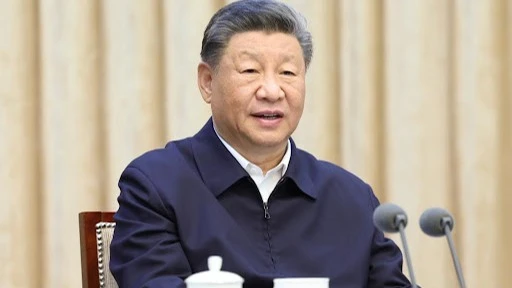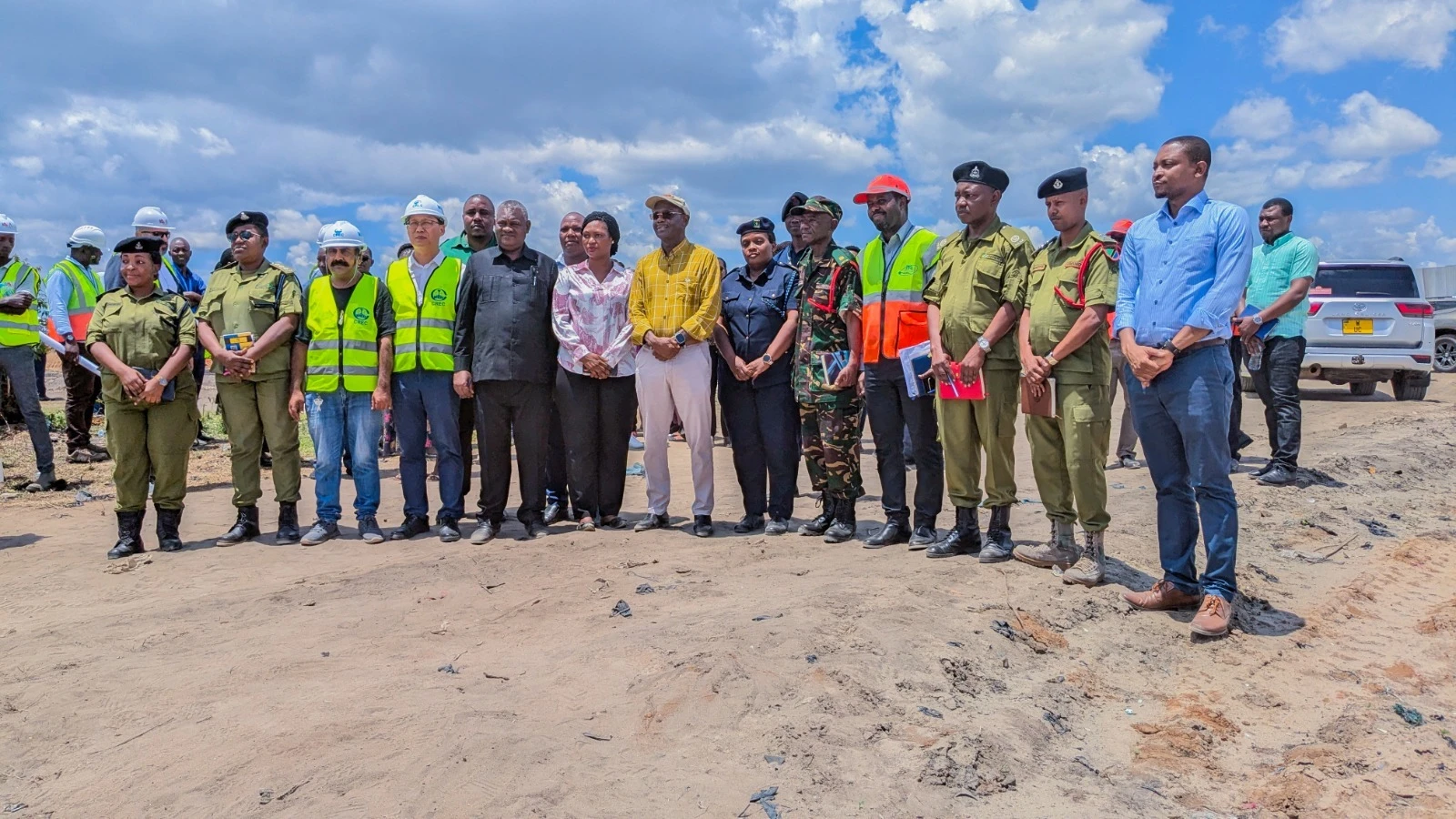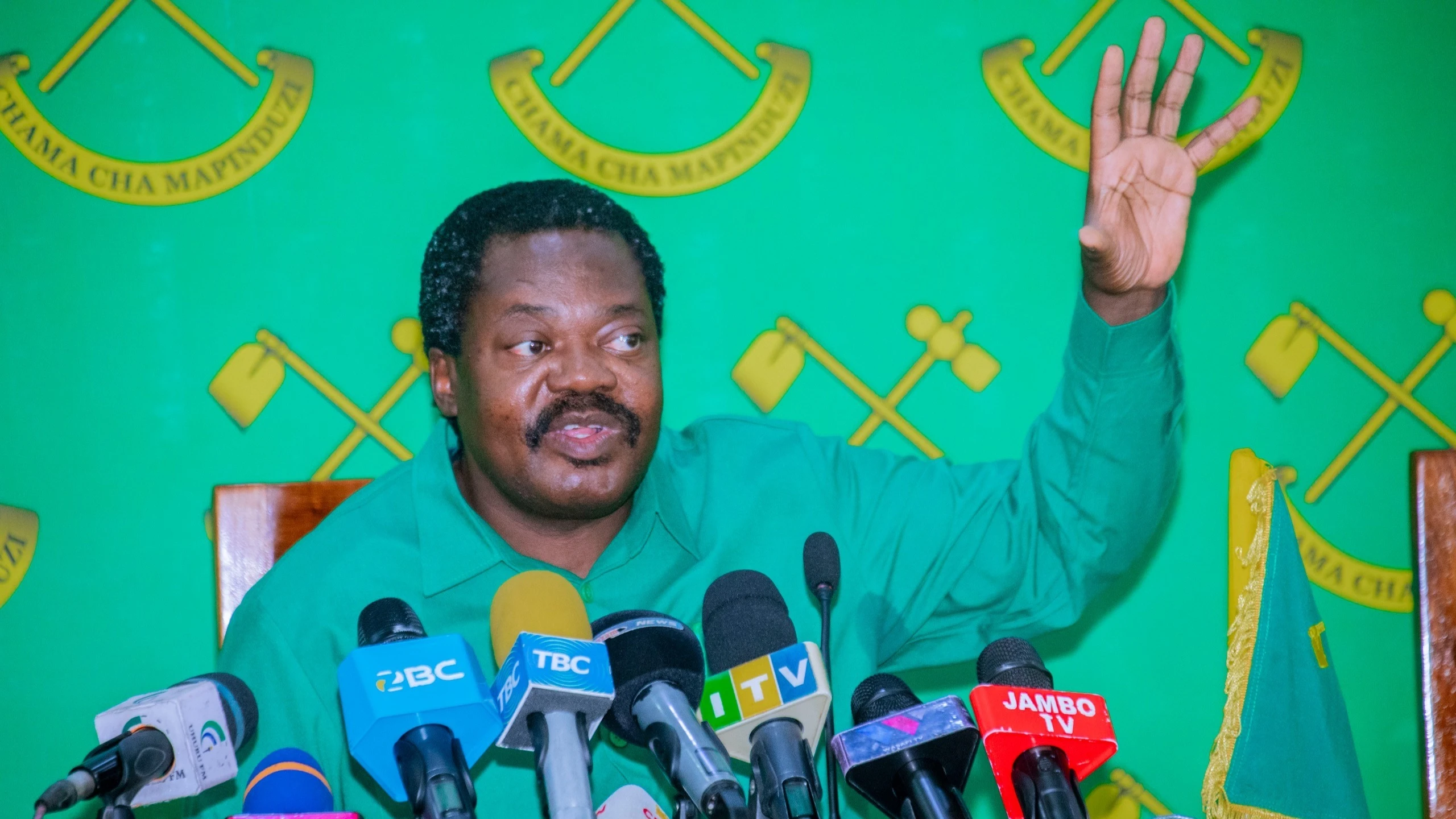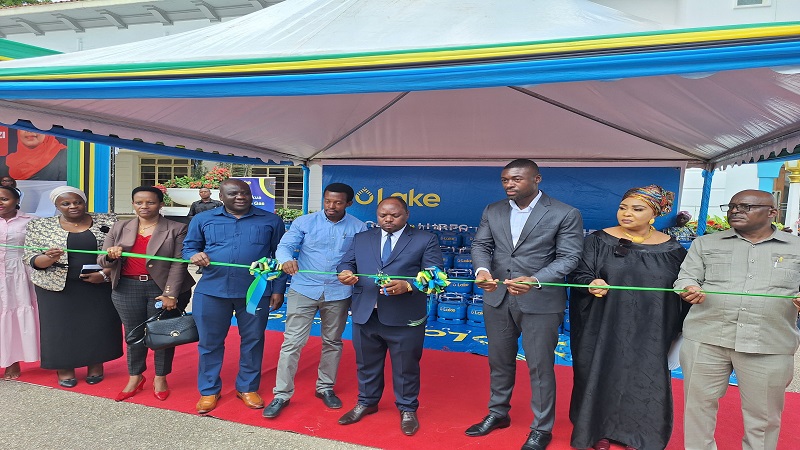Speaker: RCs, DCs powers of detention could be reviewed
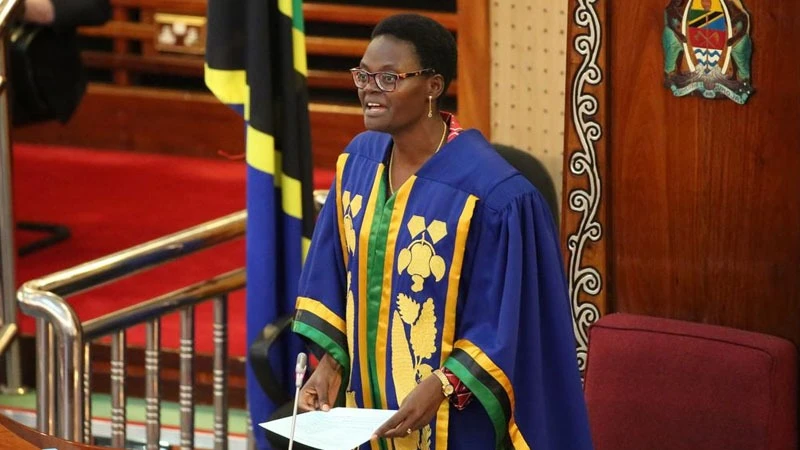
NATIONAL Assembly Speaker Dr Tulia Ackson has declared that if current practice of detaining people arbitrarily by district and regional commissioners continues, the law empowering them to do so would merit a review.
She issued this position when Mlimba MP Godwin Kunambi raised an urgent matter demanding that the legislature discuss actions of some RCs and DCs arresting people and detaining them for no reasonable cause, “as the situation puts in peril observance of human rights.”
Pointing at an incident in his constituency, he said that on Monday (August 26) the Kilombero DC visited Chiwachiwa village, beset with a land dispute pitting the Tanzania Forest Services Agency (TFS) and village residents.
He was asked by a councillor to verify the boundaries as the villagers believe they are within boundaries of their own zone, whereupon the DC ordered the arrest of village leaders, the councillor and 11 residents “who are still in custody,” the MP narrated.
The legislation would have to be reviewed to remove any confusion and prevent leaders from being feared by citizens, she said, noting that there are instances where people lacking legal authority direct that people be arrested.
“I request the Prime Minister to follow up on this and inform the MP about what is happening in the constituency because detaining people for raising issues publicly is inappropriate and not the intended purpose of the law,” she specified.
The Speaker asked MPs to understand the challenges faced by regional and district commissioners in discharging their functions, and how they use the law empowering them to order arrest and detaining of specific individuals.
She affirmed that rules of procedure in the legislature allow an MP, using rule 54, to stand up and request that the legislature suspend its activities to discuss that matter urgently if it cannot be addressed via usual procedures.
Rule 55 sets conditions for how an issue can qualify as an urgent matter to allow the legislature to discuss the matter and provide a forum for debate, she elaborated.
Still the matter is not new and not an urgent one as rules relating to such arrest and detention have been in place for some time, “so what the MP raised about the arrest of these 11 people is a recent issue, but the procedures involving district, regional commissioners or ministers instructing law enforcement to arrest people aren’t new,” the procedures guru intoned.
Appealing to MPs’ comprehension of the environment in which DCs and RC administer their specific areas, she said that if MPs discuss the matter “what directives will we give the government,” she demanded, asserting that the law was enacted to function properly.
But it must be implemented without violating the rights of individuals involved, she said, pointing at such assurance as the formal parliamentary intent in enacting that law.
She said that that the legislature will be in a position to review the law granting authority to regional and district commissioners if it is found that those functions are inappropriately exercised.
“Since the issue is a legal matter and the law was enacted by Parliament, the challenge lies in its implementation as explained by the MP,” she stated, noting that since the government is part of the National Assembly this provides room its being discussed.
The specific legislation permits leaders to act when they see or suspect someone may pose a threat to the safety of others or their own safety if left at large, she stated.
She further affirmed that the legislature cannot ascertain the context of the order “that there might have been a threat of being harmed by citizens or if they intended to harm citizens because we do not know the specifics.”
“When we discuss it, the House must reach a point where it makes decisions based on additional information,” she alerted MPs, elaborating that as the leaders of government business is there in person, the issue should be addressed, “and if there are reasons, the MP should be informed why those people have been arrested.”
“There is a shortcoming here. What the MP has described means that we, as MPs, need to review the law if it poses challenges in its implementation. The intention of the law was not to demonstrate power by ordering police to arrest someone indiscriminately,” she added.
Top Headlines
© 2024 IPPMEDIA.COM. ALL RIGHTS RESERVED










